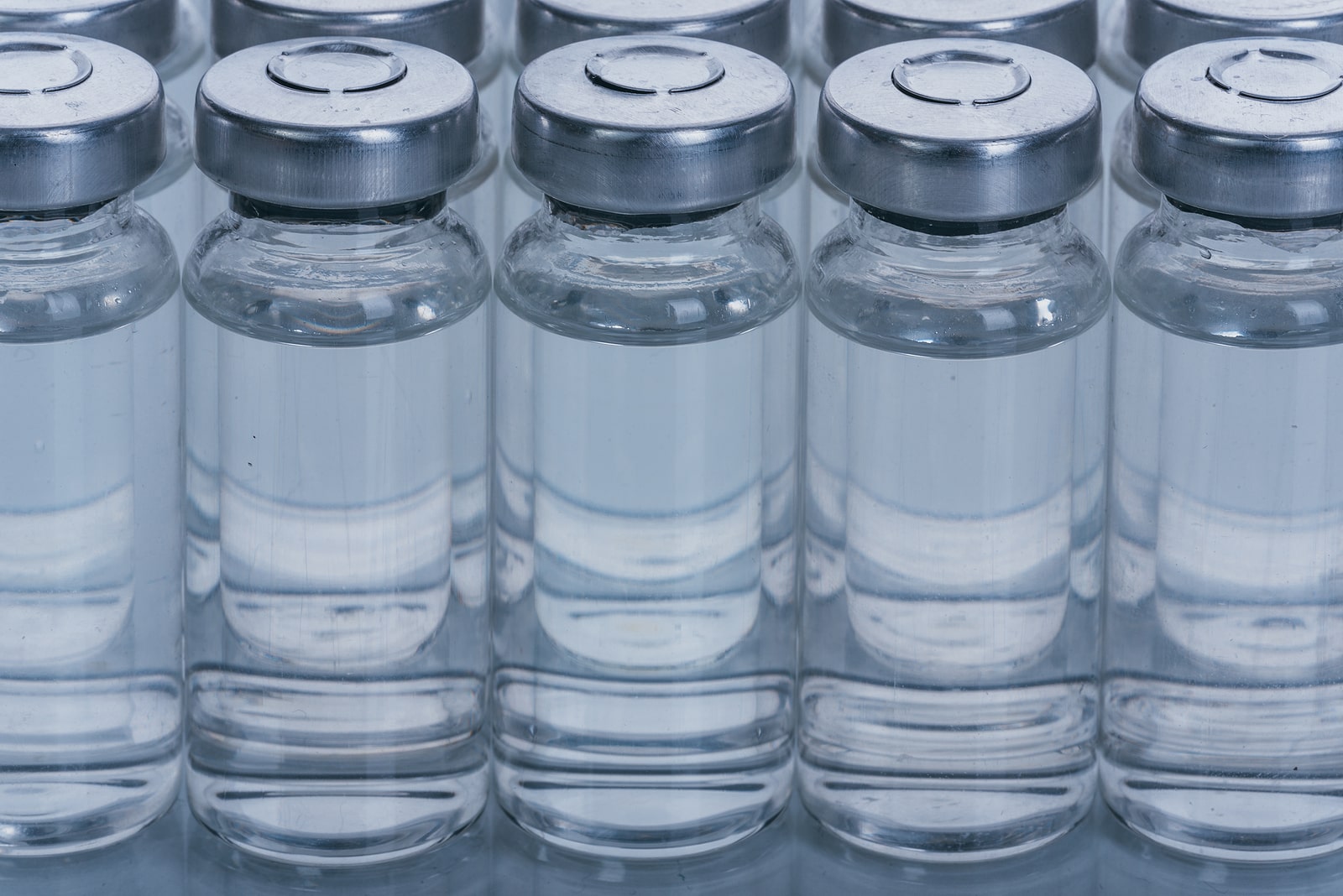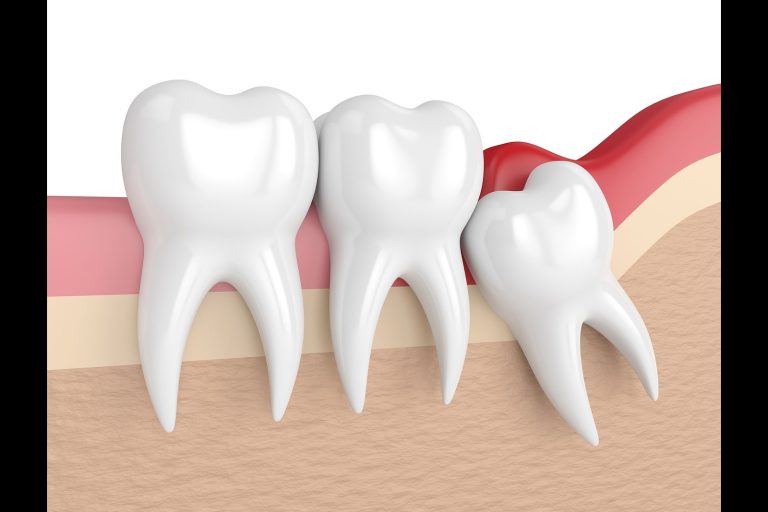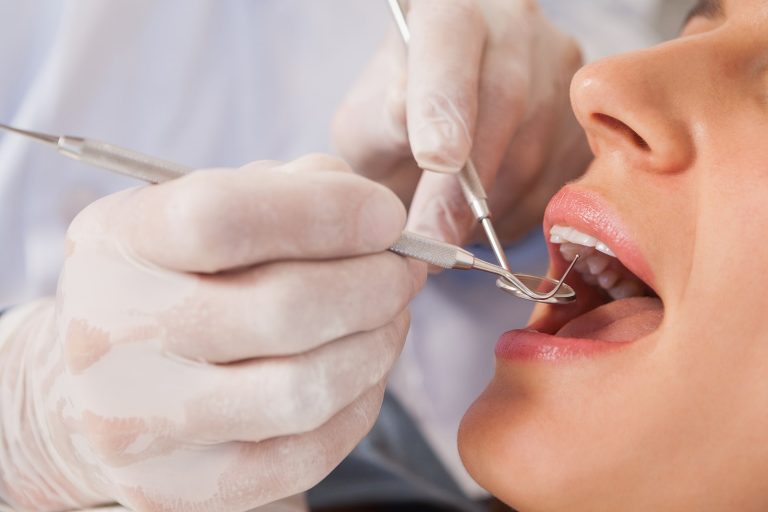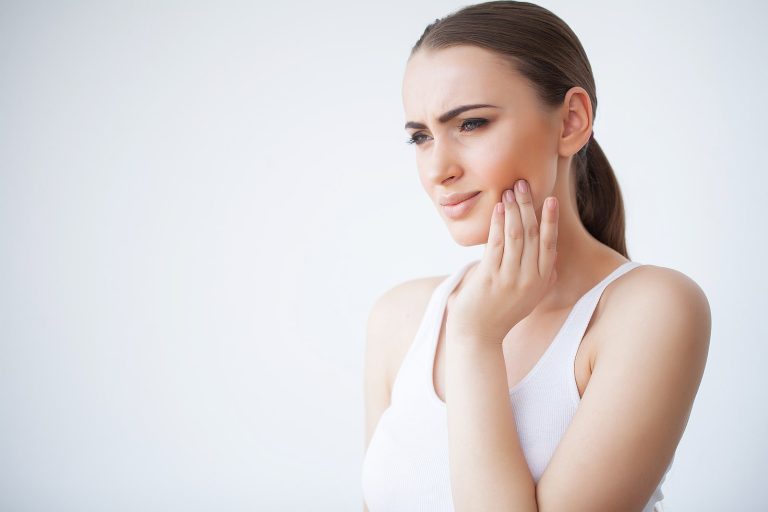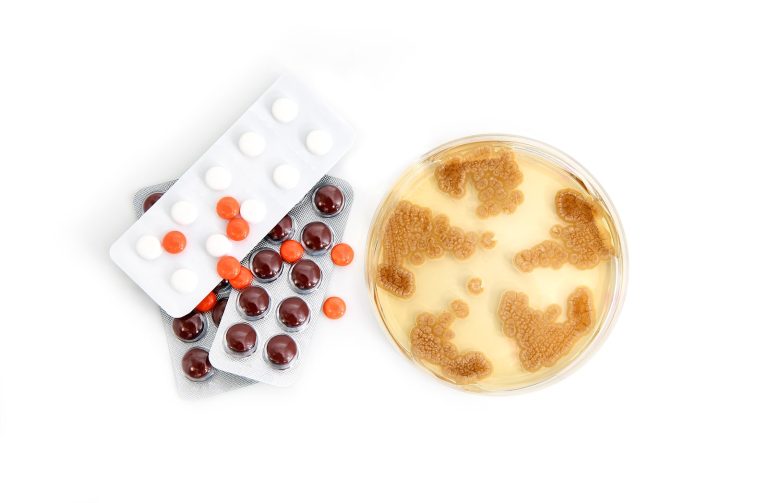If you are suffering from a dental abscess, you will swiftly discover there are two major problems. The first is that you have a nasty, painful infection that is only going to get worse if left untreated. Indeed, doing nothing is not an option because this kind of infection can have dire consequences, with severe cases leading to life-threatening conditions like sepsis.
The second problem is getting a dental appointment quickly to have the abscess drained and any associated work carried out. If you can get one, you will be among the lucky ones, especially if you are one of those most blessed people who have an NHS dentist.
With any delay giving the infection a chance to get worse, the right course of action is to get something powerful for it. That is why so many patients choose to buy amoxicillin as an effective antibiotic that can curb the infection, halt its spread and reduce pain, swelling, and redness.
Are You Allergic To Penicillin, Or Just Think You Are?
However, some people may be a little hesitant to choose amoxicillin because it is a form of penicillin. The reason for this lies in assumed penicillin allergies, with around six per cent of Britons having it on their medical records, according to figures stated by the Royal Pharmaceutical Society (RPS) in 2023.
If you are among them, you might think twice about getting amoxicillin and start looking for alternatives.
This might seem reasonable enough. After all, nobody wants to take a medicine that will be worse than the thing it is meant to treat. But is penicillin allergy really so widespread, or indeed so severe?
Pharmacists and those in the medical profession will tell you a rather different story. Indeed, the RPS stated the six per cent figure is wrong and that most people who think they are allergic to penicillin are not. This point has been echoed across the medical and pharmaceutical professions.
Expert Busts Penicillin Allergy Myths
For example, writing for the Independent newspaper recently, pharmacy professor Elizabeth Covington noted that in the US, where she is based, between ten and 20 per cent of Americans believe they have a penicillin allergy (note how this is so much higher than in the UK). But, she stated, the real figure is below one per cent.
She explained that penicillin allergies are often wrongly diagnosed in early childhood when a young patient is given the antibiotic and develops a rash, which may in fact be a symptom of the illness, not the antibiotic.
Furthermore, she stated, while there can be side-effects, such as diarrhoea, headaches and nausea, these do not necessarily mean the patient has an allergy, while it is an urban myth to believe that allergies to penicillin are hereditary.
Besides all of this, the professor notes, eight out of ten people who have a genuine penicillin allergy will cease to be so after around ten years. It is literally something you can grow out of.
She concluded by advising those who think they have an allergy to check this with a pharmacist. An interview assessing symptoms and experience may be enough to determine whether the allergy is real or not, but tests are also available.
The Extreme Rarity Of Severe Reactions
For the small minority for whom a penicillin allergy is a real thing, symptoms can occasionally be very serious, with a reaction including anaphylaxis, which can involve a severe rash, shock, swelling and breathing difficulty.
However, it is worth noting that, according to the NHS, while one in 100 patients will suffer some allergic reaction, only one in 10,000 suffers anaphylaxis.
What all this means is that if you were told you had a penicillin allergy or think you have one, there is a 90 per cent chance you haven’t got one, either because you had an allergy once but no longer, or a mild reaction was taken more seriously than it should have been.
Therefore, if you are in the six per cent down as being allergic to penicillin in the UK, the chances are, just like the 10-20 per cent in the US, that you don’t have a penicillin allergy at all.
Why Penicillin Is Better Than The Alternatives
Some might ask whether this really matters. After all, when Alexander Fleming discovered penicillin and further research turned it into a viable medication, there were no other antibiotics around. It was a miracle drug that transformed medicine and the prospects of those with serious infections, not least dental abscesses.
Nowadays, it may be reasoned, we have lots of different antibiotics. Indeed, if you have been telling your doctor you are allergic to penicillin all these years, you may have had quite a few alternatives on prescription. Would they not be just as good, whether for your tooth abscess or anything else?
Unfortunately, the answer is no. The reason for this lies in the different nature of various antibiotics. Penicillin is a narrow-spectrum antibiotic, which means it is useful for attacking very specific infections, including those that arise in tooth abscesses. Others are known as broad-spectrum antibiotics; this means they attack all sorts of bacteria.
Unfortunately, the second kind causes a lot of collateral damage. Not all bacteria are harmful by any means; just think of the ‘good’ bacteria that can help improve gut health, or which help create foods like yoghurts and cheese. There are many kinds of bacteria working away inside us for good purposes at any time.
A broad-spectrum antibiotic, while attacking the bacteria causing an infection, may do some harm by attacking the bacteria you don’t want to kill off. A particular risk associated with this is that you may be more likely to develop antibiotic-resistant infections.
A Liberating Discovery
Therefore, if you think you can’t get amoxicillin for your dental infection, you may be wrong and you will have good reasons to be glad if that is the case. What you should do is check out as soon as possible with a qualified expert whether you really do have a major problem with penicillin.
Not only will the likely discovery that you’re not allergic to penicillin after all mean you can swiftly gain the benefits of using amoxicillin to curb an oral infection. It will also mean you can use it in the future for other infections as well.

